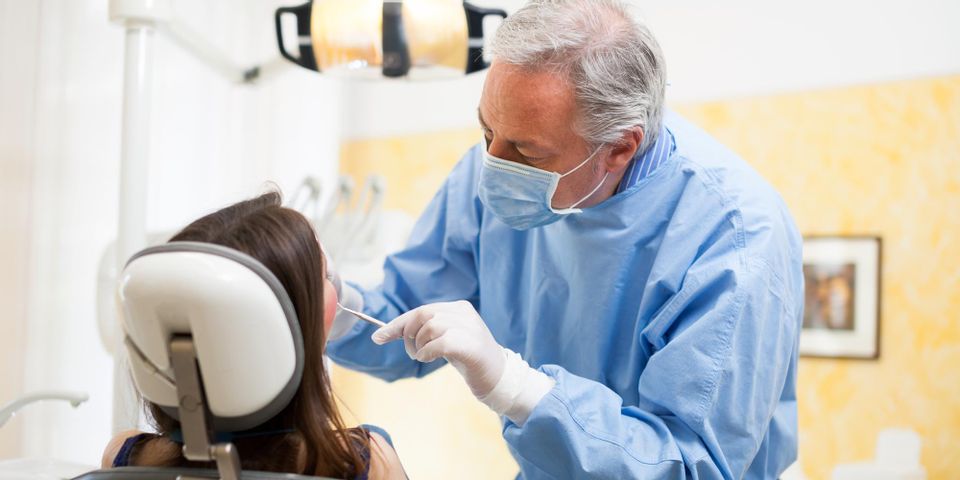
Oral bone grafting is a technique where professionals transplant bone from another area of the body to combat bone loss. Professionals may use it to replenish bone after oral disease or to correct jaw misalignment. If you’re interested in how bone grafting benefits your oral health, here are reasons doctors encourage it.
3 Causes of Bone Loss in the Jaw
1. Missing Teeth
 When a person is missing a tooth—whether due to an extraction, illness, or injury—the bone may diminish and reabsorb into the jaw. If untreated for several years, there may not be enough bone for a dental implant. A bone graft will not only replace lost bone so the implant can latch, but it will also stimulate the patient's preexisting healthy bone material to regrow.
When a person is missing a tooth—whether due to an extraction, illness, or injury—the bone may diminish and reabsorb into the jaw. If untreated for several years, there may not be enough bone for a dental implant. A bone graft will not only replace lost bone so the implant can latch, but it will also stimulate the patient's preexisting healthy bone material to regrow.
2. Gum Disease
With periodontal disease, bacteria can slowly diminish the jawbone and periodontal ligaments, leading to tooth loss. If gum disease is not treated, the problem could spread in the mouth. Scaling, cleaning, and medication prescribed by your dentist or oral surgeon can treat gum disease, and issue and bone grafts can regenerate damaged gum tissue and bone.
3. Jaw Defects
With jaw misalignment, some teeth do not have opposing teeth to rest against, which can make it hard to chew and could deteriorate bone. As the bone becomes damaged over time, grafting may become necessary, as well as orthodontic procedures to realign the jaw.
If you are in need of dental work, contact James Schirmer, DDS, in Lebanon, OH. Dr. Schirmer is a trusted, compassionate oral surgeon who offers services including bone grafting and dental implants at a state-of-the-art facility. Call (513) 932-9991 to make an appointment. Visit the clinic’s website to learn how grafting procedures help implants create beautiful smiles.
About the Business
Have a question? Ask the experts!
Send your question

